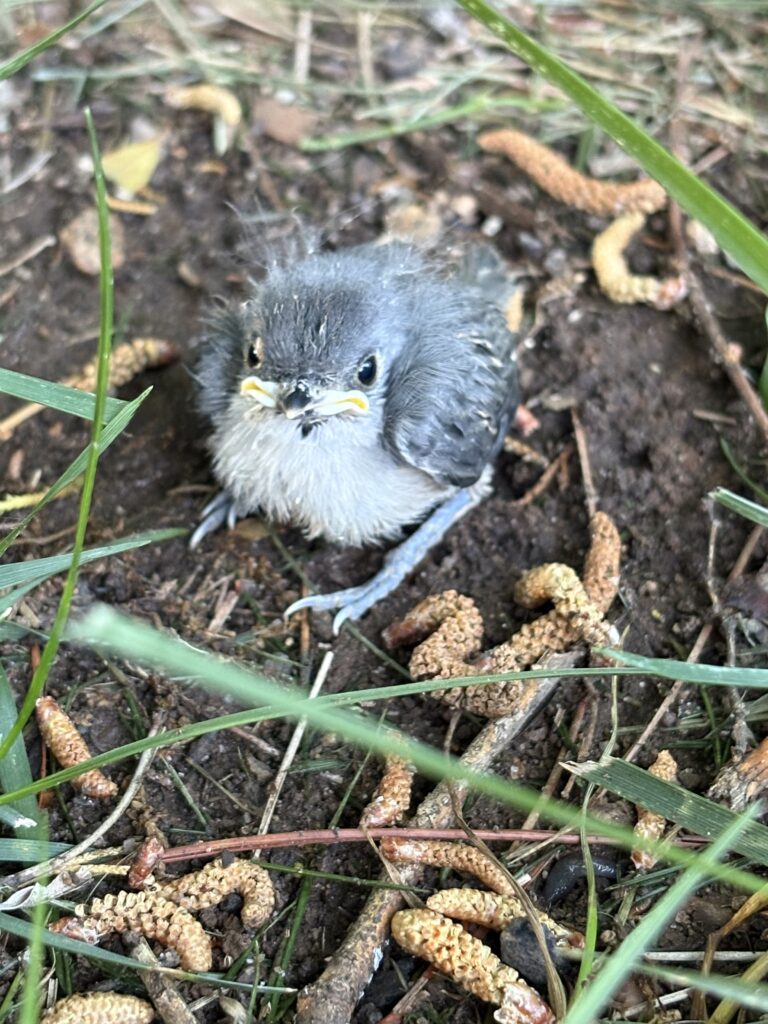By Ashlie Miller
Pomp and Circumstance—It’s a tune many of us will be familiar with in the coming weeks. We have some young friends graduating from colleges and high schools; some even within the same family. My husband also has a graduation as he continues to further his education as a lifelong learner.
Although I graduated from UNCC quite some time ago, other ladies I know well have discussed how nice it would be to have taken college classes much later in life rather than fresh out of high school. Our brains were still developing. We understand so much more now and can think more abstractly, critically, and with wisdom. But, the last time I checked, they don’t hand out diplomas or cords for maturity gained over the years, and only seldom does one receive a degree for life experiences.
Wouldn’t it be nice if there were graduation celebrations for hitting new levels of maturity and experience in life? There are practical things like learning how to be responsible with a budget, maintaining a first apartment, having a better handle on time management, and home and car ownership responsibilities. As we grow in a family, there is maturity in self-sacrifice as a parent or simply preferring others over oneself. We learn how much one can do with so little sleep.
Then, there are more important things that some learn and master better than others—learning to avoid gossip (giving or receiving), not worrying what others think of you (people-pleasing), replacing FOMO (fear of missing out) with JOMO (joy of missing out), replacing comparisons with contentment, and becoming comfortable in your own skin.
Though there may not be new certifications, distinctions, diplomas, and celebrations for these significant, life-altering milestones in the lives of Christians, there is something better – sanctification. The word is sometimes as hard to say as the process is to endure, but the rewards are sweet. How often can you look back at your life and say, “Wow, I’m further in that area than I was 6 months or a year ago!”? If our ultimate aim as Christians is transforming into the likeness of Christ (see 2 Corinthians 3:18), shouldn’t we be able to look back and see significant change at various stages of life? I’m not speaking of compromise or the all-too-popular deconstruction that has arisen in recent years. Rather, the results of life-long sanctification are so profound that they can even astound us. In Colossians 3:10, Paul speaks of a new self that is being renewed daily in this process that we gradually journey through.
While God the Father graciously transforms us thanks to the sanctifying gift of Jesus’ death on the cross and resurrection, the fruit of the Holy Spirit shines through our lives (love, joy, peace, etc.). We submit to the work of God in our lives as we allow Him to shake off the things that cling to us. It is a process. It can be painful at times but also beautiful and comforting. But, when we look back, we should see evidence of growing and graduating from one victory to the next.
As you sit in the crowds this season to view the slow processionals accompanied by the familiar graduation march, take a moment to reflect on areas of life where you, too, have graduated. Glory to God, and hats off to you!
Ashlie Miller celebrates her husband’s recent Master of Arts in Theological Studies. You may send regards or comments to mrs.ashliemiller@gmail.com.

